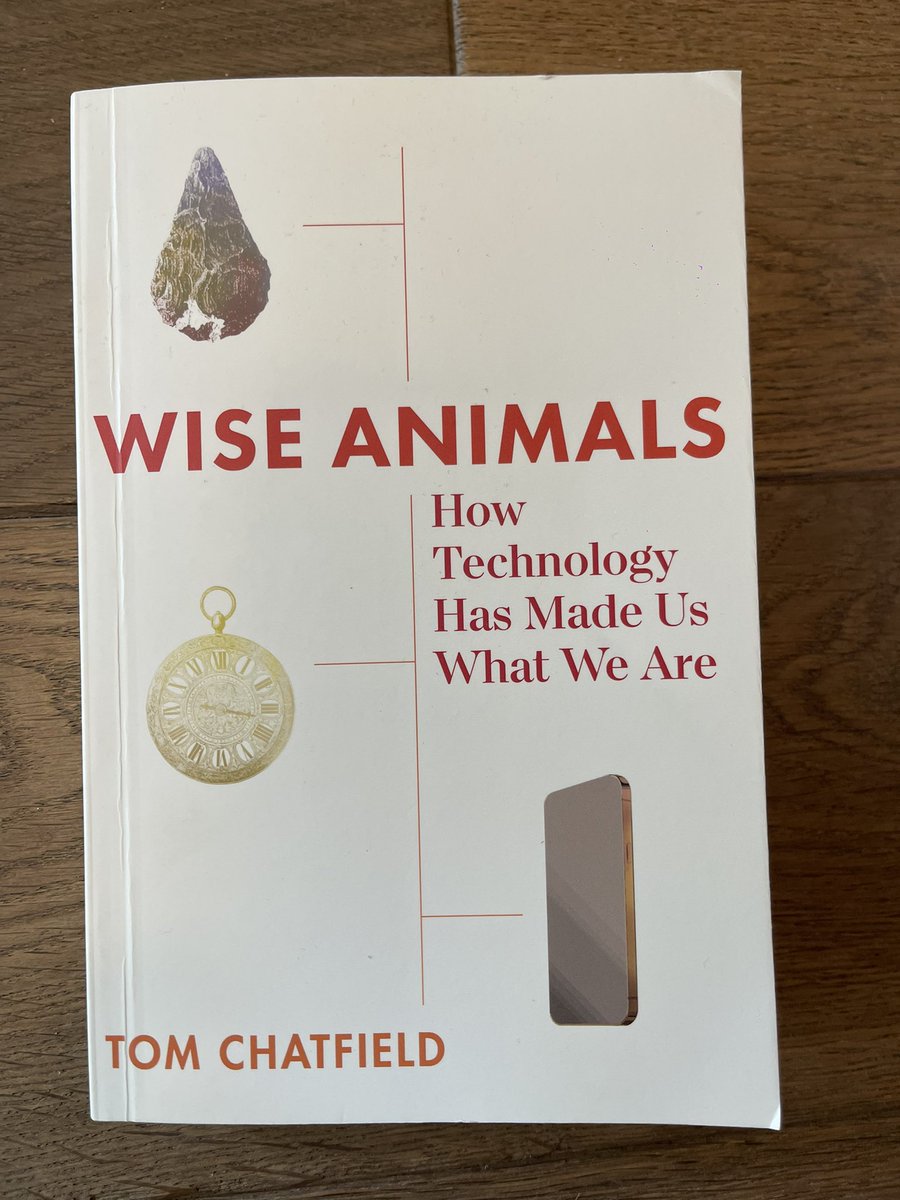




NEW
We are building ever more powerful machines that will compute answers to any questions we care to ask them. But are we asking the right questions? Here, Tom Chatfield selects the best books on the ethics of technology.
fivebooks.com/best-books/tec…


Tom Chatfield Hmm. Big fan of Hofstadter, but I'm in not aware of a single empirical example of a conscious brain. Conscious organisms, sure.

Tom Chatfield Which of his books is this from? It’s been a while since I’ve read I Am a Strange Loop.

James McConnachie Tom Chatfield Five Books Dr. Rebecca Wragg Sykes Not sure if this is a satisfactory answer but I think imagination was his thing. In his biography John Carey tells this great story about him meeting a literary critic after the publication of The Spire





James McConnachie Tom Chatfield Five Books Dr. Rebecca Wragg Sykes 'Goodness' the LC says, 'you must have had to do a lot of research into medieval building techniques'

Tom Chatfield Just read the article, which is so thoughtful of the subjects and very kind about my work, thank you, and gives me more fascinating sounding books to add to my teetering pile!



